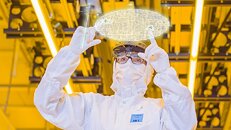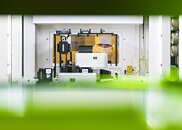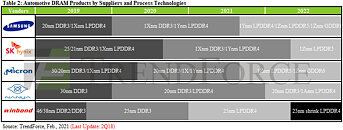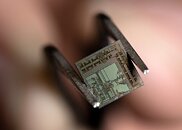Gartner: Worldwide Semiconductor Revenue Grew 25.1% in 2021, Exceeding $500 Billion For the First Time
Worldwide semiconductor revenue increased 25.1% in 2021 to total $583.5 billion, crossing the $500 billion threshold for the first time, according to preliminary results by Gartner, Inc.
"As the global economy bounced back in 2021, shortages appeared throughout the semiconductor supply chain, particularly in the automotive industry," said Andrew Norwood, research vice president at Gartner. "The resulting combination of strong demand as well as logistics and raw material price increases drove semiconductors' average selling price higher (ASP), contributing to overall revenue growth in 2021.
"As the global economy bounced back in 2021, shortages appeared throughout the semiconductor supply chain, particularly in the automotive industry," said Andrew Norwood, research vice president at Gartner. "The resulting combination of strong demand as well as logistics and raw material price increases drove semiconductors' average selling price higher (ASP), contributing to overall revenue growth in 2021.



































